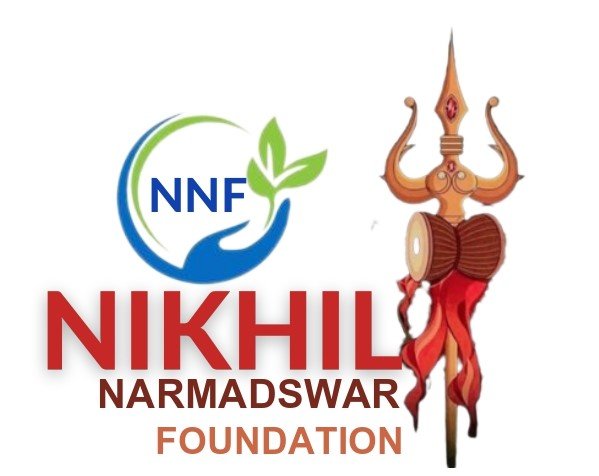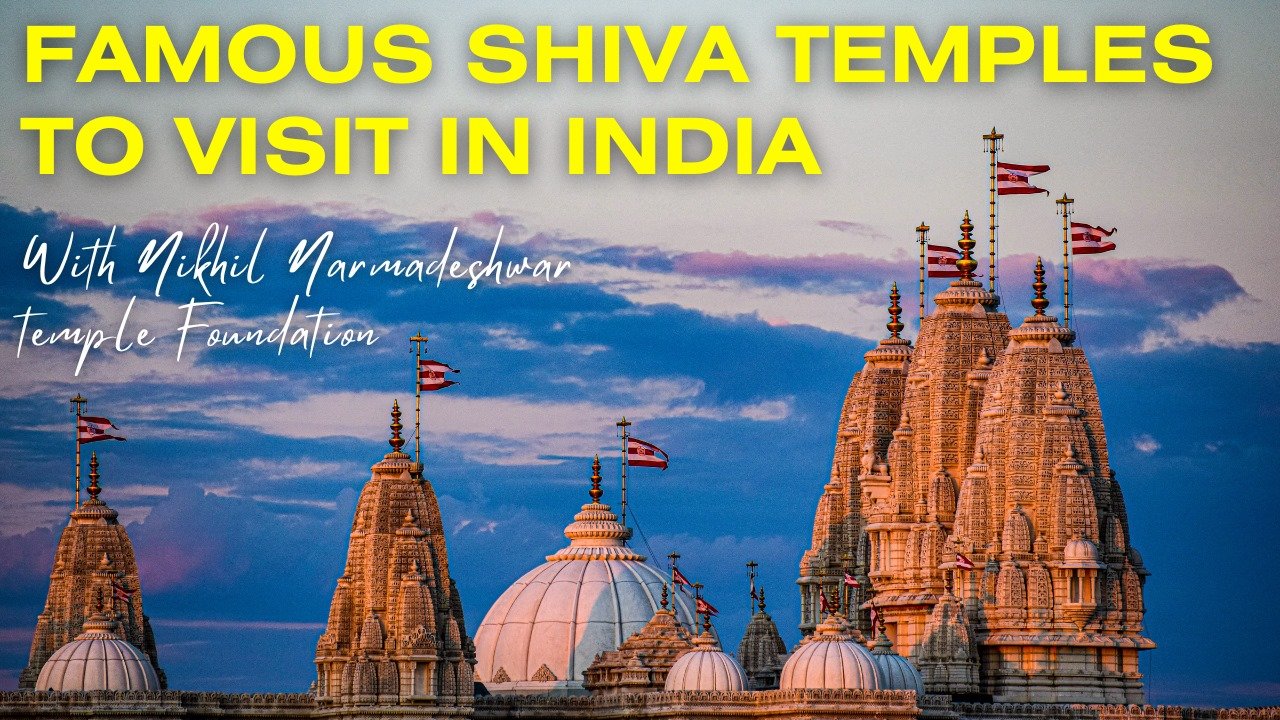Spiritual Spreading
Hindu spiritual practices vary from region to region and can be influenced by cultural traditions. Here are some common day-to-day practices performed in Hindu temples both in India and other countries:
1. Darshan (Viewing the Deity):Devotees visit temples to have darshan of the main deity. They offer their respects, prayers, and witness the divine image. Darshan is believed to cleanse the mind and establish a direct connection with the deity. 2. Prarthana (Prayers):Devotees offer prayers, either silently or aloud, expressing their gratitude, seeking blessings, and asking for guidance. Prayers can be personalized or traditional, and they reflect the individual's spiritual needs. 3. Aarti (Ceremonial Lamp Lighting):Aarti involves waving a lit lamp in front of the deity while singing hymns. It signifies offering light, symbolizing the removal of darkness (ignorance) and the presence of divinity. |
7. Vedic Chants and Mantras:Priests perform Vedic chants and recite sacred mantras during rituals. These ancient chants are considered powerful and purifying, helping to create a spiritually charged atmosphere. 8. Meditation and Contemplation:Some devotees engage in meditation and contemplation in the temple premises. Temples provide a serene environment for individuals to connect with their inner selves and deepen their spiritual practice. 9. Offerings and Donations:Devotees offer monetary donations or contribute to temple maintenance. These offerings support the upkeep of the temple and its services. |
4. Bhajan and Kirtan (Devotional Songs):Singing devotional songs, known as bhajans or kirtans, is a common practice in temples. These songs express love and devotion to the deity and can create an atmosphere of spirituality. 5. Prasadam (Sacred Offering):Devotees offer fruits, sweets, or other food items to the deity. The offered items, after being blessed by the deity, are distributed as prasadam, symbolizing divine grace. 6. Abhishekam (Ritual Bathing of Deity):In some temples, abhishekam involves pouring water, milk, honey, or other sacred substances over the deity's idol. This ritual is believed to cleanse and energize the divine presence. |
10. Festivals and Celebrations:Hindu temples celebrate various festivals, such as Diwali, Holi, Navaratri, and more. Festivals involve elaborate rituals, processions, cultural performances, and special pujas, attracting large congregations. 11. Parikrama (Circumambulation):Devotees often perform pradakshina (circumambulation) around the sanctum sanctorum as an act of reverence. Circumambulating the deity is believed to accumulate spiritual merit. It's important to note that the practices may vary based on the deity, the temple's tradition, and the region's cultural influences. While the above practices are common, individual temple practices can be diverse and unique. |

